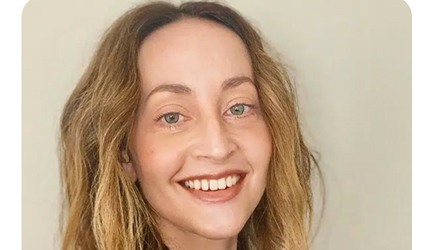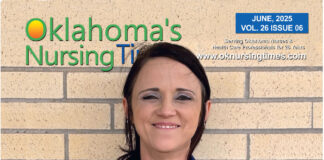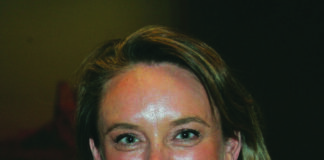If nursing shortages continue on the current trajectory, the Health Resources & Services Administration’s (HRSA) Bureau of Health Workforce (BHW) projects a national shortage of 78,610 full-time equivalent RNs in 2025 and a shortage of 63,720 nurses in 2030.
Google searches for “nursing shortage solutions” increased by 30% across the U.S. in the past year as healthcare facilities nationwide seek ways to solve this growing issue. Experts at the leading healthcare jobs marketplace, Vivian Health, believe engaging with frontline nurses is the most crucial step in fixing the nursing shortage.
Rachel Neill, MSN, RN and Clinician Advocate at Vivian Health, commented, “In recent years, many nurses have felt undervalued by the systems they work for with staffing shortages and a lack of recognition of their concerns from executive leadership. To shift this perspective, healthcare systems must work to prioritize the care nurses give to patients and listen to what they have to say. Engage in dialogue with the frontline and work together to come up with solutions.”
“Nurses are drawn to the profession because they want to use their unique talents to make a difference in the lives of others. During National Nurses Month, we wanted to share the heartfelt perspectives of those who’ve worked on the frontlines of healthcare with those contemplating joining the nursing profession to let them know why it’s all worth it.”
Surveying established nurses anonymously, Vivian sought to understand what the first year in nursing looks like. When asked what had surprised them the most about the profession, one nurse said, “Nursing is physically, mentally and emotionally taxing, but the satisfaction of caring for your patient and seeing him or her improve makes it all worth it.” Others commented on the “sense of fulfillment” from seeing a patient improve and recover can help “take away doubt and stress.”
One of the more poignant responses within the research talked of the grief experienced when patients don’t make it, despite being taught not to let emotions get in the way of your work. “There is an inexplicable sadness that comes from losing patients. As healthcare professionals, we learn not to get emotionally attached to cases. We’re merely extending a helping service. Regardless, there’s still this wave of reflection that overtakes you when a patient passes.”
Others emphasized that the bond between staff – referred to by one respondent as a “nurse bond” – also exists. Another respondent expressed that they had “lifelong friends” in their fellow nurses, with a bond so close that they would now consider their colleagues “family.” Another gave insight into the reason behind this deep connection, “When you’ve been through the trenches together, you grow pretty close!”
By opening up a dialogue and preparing prospective nurses with the reality of the profession, retention rates could stabilize and more nurses may enter the profession feeling supported and prepared for the trials and tribulations of being a nurse.
Read more about what established nurses would tell prospective students at Vivian Health.













